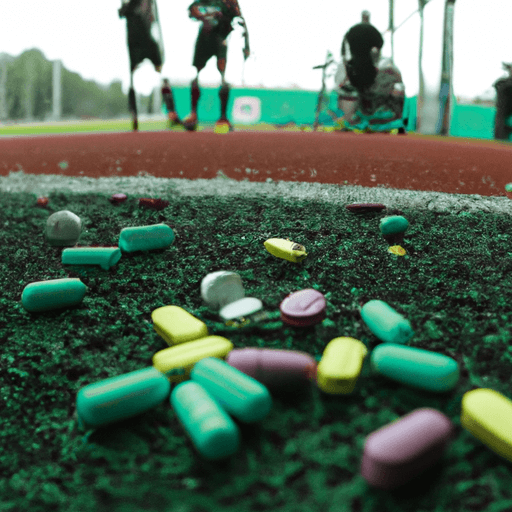Analysis of the Growing Use of Performance-Enhancing Drugs in Sports
Performance-enhancing drugs (PEDs) are becoming increasingly prevalent in professional sports, creating a myriad of ethical questions and sparking serious discussions about health risks, fair competition, and sports integrity. This article offers an in-depth analysis of these issues and explores the responses of sports organizations, possible interventions, and education-related strategies to tackle this growing problem.
Potential Health Effects
From anabolic steroids to human growth hormone, blood dopers, stimulants, and many others, PEDs possess serious health risks. While designed to improve performance, strength, or endurance, they can lead to severe physical and mental health problems. This could range from cardiovascular diseases, liver damage, hormonal imbalance to psychiatric effects such as aggression, mood swings, and mental health disorders. Moreover, the misuse of these substances might lead to dependence and addiction.
Implications for Fair Competition
The use of PEDs poses serious threats to the principle of fair play. As these drugs can dramatically enhance performance, athletes who use them gain an unfair advantage over their competitors. This not only undermines the spirit of sportsmanship but also diminishes the authenticity of competitive outcomes.
Ethical Concerns
Athletes are role models for society, especially for younger generations. Their use of illicit substances to gain a competitive edge raises ethical questions about the messages being sent to aspiring athletes and the public. It fosters a culture that condones cheating and undermines the values of hard work, determination, and talent.
Responses from Sports Bodies
In response to the rising issue of PED use, sports bodies and organizations, such as the World Anti-Doping Agency (WADA), have adopted stringent measures to tackle this issue. These bodies conduct regular drug testing, both in and out of competition, and implement rigorous protocols to ensure testing accuracy. Moreover, strict penalties, ranging from fines to suspension or life bans are enforced to deter athletes from using PEDs.
Preventive Measures and Educational Policies
Prevention is always better than cure. Sports organizations, schools, and governing bodies have a crucial role in educating athletes about the dangers of PEDs, fostering a culture of fair play, and encouraging a zero-tolerance approach towards doping. Such education can be done through workshops, seminars, and online courses. Furthermore, regular health checks and psychological support for athletes could be effective strategies to prevent the misuse of performance-enhancing drugs.
In conclusion, the growing use of PEDs in sports is a complex issue that needs to be tackled from multiple angles. It's not solely about penalizing those who cheat, but more importantly, about creating a sporting culture that values health, integrity, and fair play above all else.

















Comments
Leave a Comment